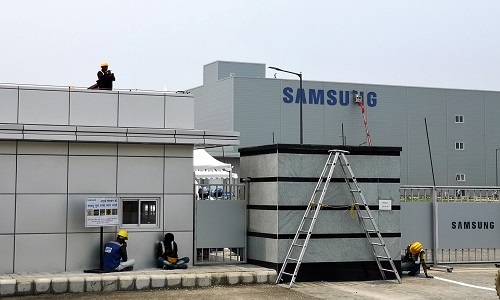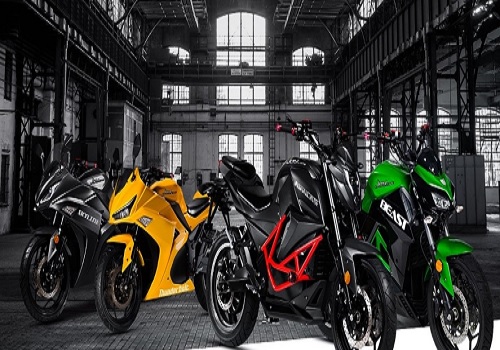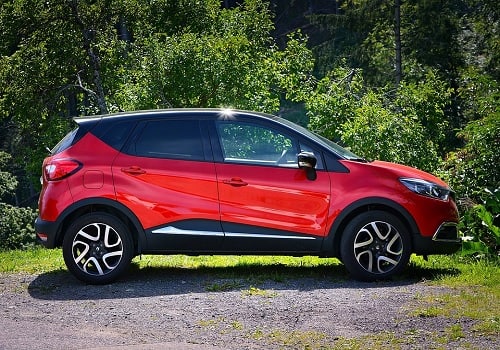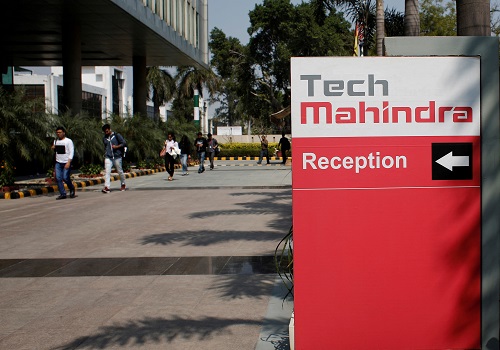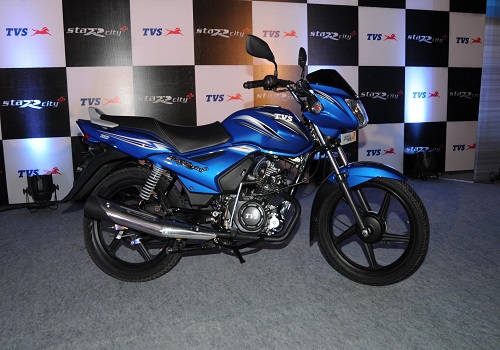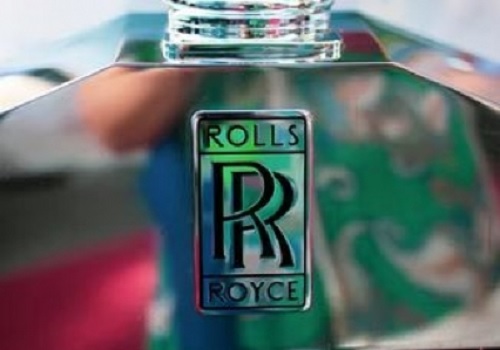Toyota claims battery breakthrough that could boost electric cars
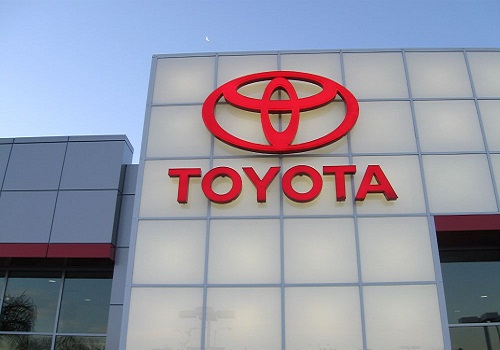
Follow us Now on Telegram ! Get daily 10 - 12 important updates on Business, Finance and Investment. Join our Telegram Channel
Toyota says it has made a technological breakthrough that will allow it to halve the weight, size and cost of batteries, in what could herald a major advance for electric vehicles, a media report said.
The world’s second largest carmaker was already pursuing a plan to roll out cars with advanced solid-state batteries, which offer benefits compared with liquid-based batteries, by 2025, The Guardian reported.
On Tuesday, the Japanese company said it had simplified production of the material used to make them, hailing the discovery as a significant leap forward that could dramatically cut charging times and increase driving range, the report said.
“For both our liquid and our solid-state batteries, we are aiming to drastically change the situation where current batteries are too big, heavy and expensive,” said Keiji Kaita, President of the Japanese auto firm’s research and development centre for carbon neutrality.
“In terms of potential, we will aim to halve all of these factors.”
David Bailey, a professor of business economics at the University of Birmingham, said that if Toyota’s claims were founded, it could be a landmark moment for the future of electric cars, The Guardian reported.
Kaita said the company had developed ways to make batteries more durable and believed it could now make a solid-state battery with a range of 1,200km (745 miles) that could charge in 10 minutes or less.
The company expects to be able to manufacture solid-state batteries for use in electric vehicles as soon as 2027, according to the Financial Times, which first reported on Toyota’s claimed breakthrough.
Solid-state batteries have been widely seen as a potential gamechanger for electric vehicles, promising to reduce charging times, increase capacity and reduce the fire risk associated with lithium-ion batteries, which use a liquid electrolyte, The Guardian reported.





.jpg)







